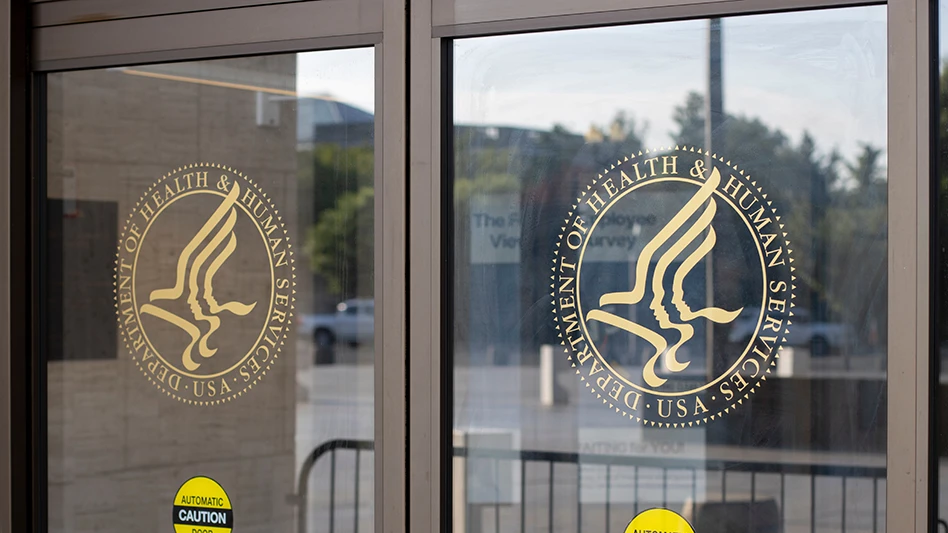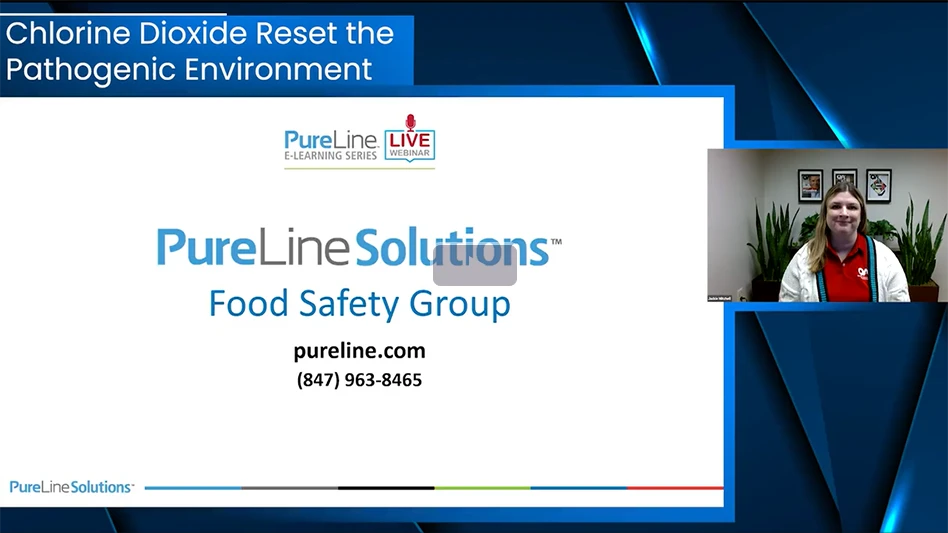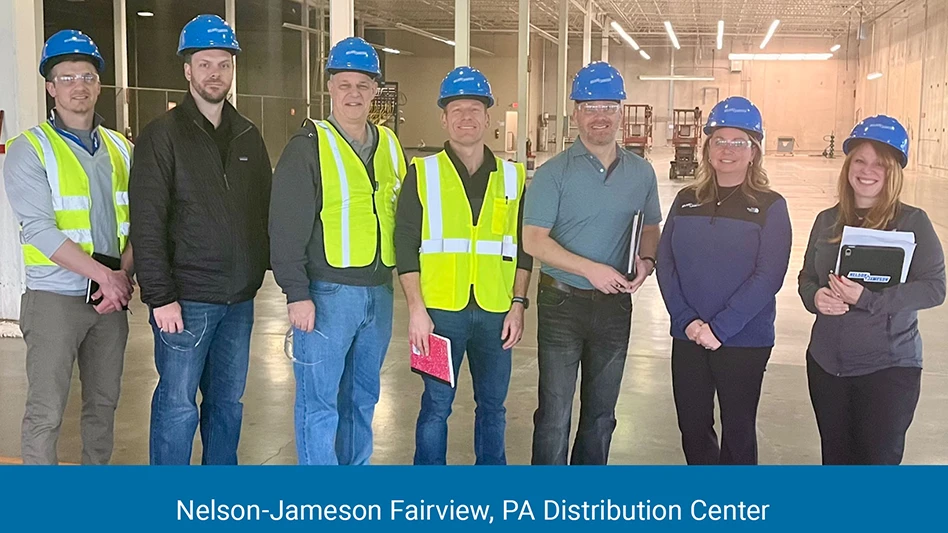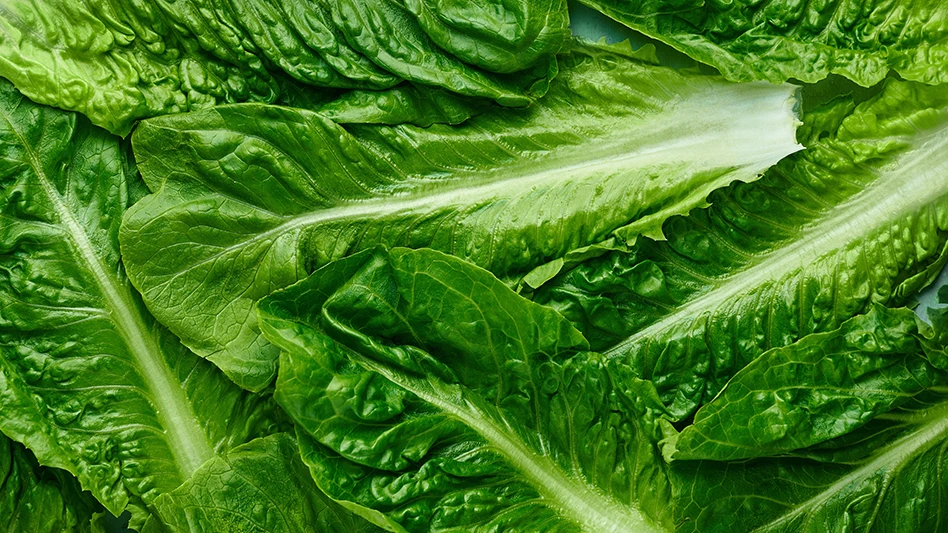A recent Pew Research poll, highlighting the stark fissure between scientists and the public on a range of issues, showed the greatest split on genetically modified (GM) foods, with 88% of scientists saying GM foods are safe compared to only 37% of the public.
Discrepancies between scientific consensus and public opinion are not new, but can be especially dangerous when it comes to public policy. It’s against this backdrop that activists are seeking to push labeling legislation in states as part of a strategy to eliminate GM technology. They are calling for state laws that would mandate special labels for products containing genetically modified organisms (GMOs). In the first three months of 2015, 40 such bills were introduced in 20 states. This approach would stigmatize GMOs, mislead consumers, and increase food prices.
For example, Vermont passed a GMO labeling law that will take effect next year. The Grocery Manufacturers Association (GMA) has filed suit in federal court against the law, asking the court for a temporary injunction to stop the law’s enactment, but it was denied in late April. The judge ruled that the lack of a clear and uniform federal labeling standard meant that Vermont was justified in moving forward with its own. This precedent now puts our national food labeling system at risk.
Momentum is growing in Congress, however, for a bipartisan bill that would set a uniform voluntary national standard—and pre-empt the state laws—for GMO labeling. The Safe and Accurate Food Labeling Act, introduced by Congressmen Mike Pompeo (R-KS) and G.K. Butterfield (D-NC), would ensure the FDA remains the preeminent authority for food safety and labeling. It also would establish a certification program run by USDA for food to be labeled as non-GMO, similar to the National Organic Program.
Protecting and preserving access to GM foods through federal law is necessary, but it will take a concerted effort on the part of industry, scientists, and concerned citizens to push back.
GMO Benefits and promise.
By 2050, the world’s population is expected to increase by 33% to 9.6 billion. This means we must increase the world’s food production by 70% as demand increases for food, water, and land. GM technology is one of the best opportunities to help meet those demands. Some recent research in this area includes:
- The International Service for the Acquisition of Agri-Biotech Applications (ISAAA) explained how biotechnology enables growth of stronger, healthier crops using less water, land, energy, and pesticides. Researchers in Egypt found that transferring a gene from barley to wheat can create a plant that requires one-eighth the irrigation of traditional wheat and little rainfall. The Brief also explained how GM crops cut down on emissions through less tilling—helping to lower carbon dioxide emissions equal to that of 12.4 million cars in 2013.
- In California, scientists are looking at ways to add a new piece of genetic code to tomatoes enabling them to retain more water and require less irrigation.
- A Harvard University paper explains why, with agriculture already accounting for roughly 70% of global freshwater use, turning our back on scientific breakthroughs like these would be foolish and irresponsible.
- German economists found that GM technology reduced pesticide use by 37%, increased crop yields by 22%, and increased farmer profits by 68% from 1995 to 2014.
- GM research may be used to help revive the American chestnut tree, which was almost dessimated in the early 1900s from blight, said a Washington Post article. Scientists are now breeding a blight-resistant chestnut by introducing a gene from wheat.
- In the developing world, GMOs could play a critical role in addressing nutritional deficiencies and disease. The Bill and Melinda Gates Foundation supported research in a GMO banana fortified with vitamin A, that could help address deficiencies in Africa and Southeast Asia causing early blindness in up to 500,000 young people each year.
Science says GMOs are Safe.
Despite the benefits of GMOs, consumer groups continue to paint a picture that confuses consumers and discredits technology. But every major scientific and health organization that has studied GMOs has determined they are safe for humans and the environment, including the FDA, American Medical Association, and World Health Organization. In 2011, a summary report from the European Commission looked at a decade of research including 130 research projects and 500 research groups. They concluded there was no scientific evidence of higher safety or environmental risks from GM crops.
Despite this, anti-GMO activists push for state laws that mandate the GMO labeling. But the mandates being pursued would exempt up to 2/3 of foods in some cases—which would lead to more confusion for consumers. For example, Vermont’s law exempts meat. So a vegetable soup might be labeled as GM while the same brand of vegetable beef soup would be exempt.
Even for consumers who choose to purchase non-GMO products, these labeling laws are unnecessary. Products labeled as USDA Organic do not contain genetically modified ingredients. When activists pushed a labeling law in Oregon, The Oregonian editorialized, “If advocates were really concerned about consumer confusion, they’d tell them to buy products that are organic or otherwise free of genetically engineered material. But the label-it movement is less concerned with preventing consumer confusion than it is in stigmatizing products of which activists don’t approve.”
The Oregonian is correct that GMO labels will have a stigmatic effect. With polling suggesting that 60% of Americans incorrectly believe that GMOs are not safe to eat, demand for these products will shrink, and society will lose the benefits of GMOs. In fact, earlier this year, one group leading the charge for state labeling mandates admitted in a Truth-Out post that these bills were part of a larger strategy to “drive GMOs off the market.” A patchwork of state labeling mandates will be a nightmare for farmers, manufacturers, and distributors. For every product sold in a state, a company will have to determine if GM ingredients were used, then decide whether to reformulate the product with non-GM ingredients or to develop a new label. The supply chain will need to be segregated in GM and non-GM products, and companies will have to run separate production runs, create new storage space, and devise a new tracking and distribution system.
The separation between GM and non-GM products will be the beginning of this process, not the end. With each state defining GMO differently with different exemptions, manufacturers will have to develop unique products, labels, and distribution systems for each state. All of which will add costs. A study by a Cornell University professor noted that a statewide GMO labeling law could increase grocery costs for families by as much as $500 a year. A separate study by Washington State concluded that these increased costs would impact both GM- and non-GM food.
Even a cursory look at this issue would be enough to know that these statewide labeling mandates are not practical or sustainable.
Pushing Back.
The best way to prevent state labeling laws from disrupting our national food system is for Congress to take action on the aforementioned Act. Not only would it preempt state law, it would give consumers access to accurate information without requiring a scarlet letter on foods produced with GM technology.
In April, a group of nearly 400 organizations from all 50 states wrote to Congress urging them to take action on the bill in 2015.
As such, the tide seems to be gradually turning. When Chipotle restaurants announced the removal of GM foods from its menu, the chain received significant criticism from scientists and the media. In discussing Chipotle and other companies that have gone GMO-free, the Washington Post editorialized that “no one should confuse any of these companies’ behavior with real corporate responsibility. That would require companies to push back against the orchestrated fear of GMOs instead of validating it.”
Pushing back against this “orchestrated fear” is a responsibility that everyone in the food industry must share. The facts and the science are on our side. GM technology will be critical for the world in the decades to come, but it will only be available if we come to its defense.
Off the Shelf References
Following are the references cited in Off the Shelf: GMO Labeling: What it Really Means in the May/June 2015 issue of QA:
1. http://www.isaaa.org/resources/publications/briefs/49/pressrelease/default.asp
2. http://www.latimes.com/science/sciencenow/la-sci-sn-drought-tolerant-plant-20150203-story.html
3. http://docs.house.gov/meetings/AG/AG14/20140709/102445/HHRG-113-AG14-Wstate-JumaC-20140709.pdf
4. http://journals.plos.org/plosone/article?id=10.1371/journal.pone.0111629
5. http://health.usnews.com/health-news/blogs/eat-run/2014/04/25/gmos-from-a-farmers-perspective
6. http://www.washingtonpost.com/lifestyle/food/unearthed-thanks-to-science-we-may-see-the-rebirth-of-the-american-chestnut/2014/11/19/91554356-6b83-11e4-a31c-77759fc1eacc_story.html
7. http://www.cast-science.org/file.cfm/media/products/digitalproducts/CAST_Issue_Paper_54_web_optimized_29B2AB16AD687.pdf
8. http://blog.oregonlive.com/opinion_impact/print.html?entry=/2014/07/ge-labeling_initiative_would_s.html
9. http://www.truth-out.org/opinion/item/28457-twelve-ways-to-drive-gmos-and-monsanto-s-roundup-off-the-market#
10. http://dyson.cornell.edu/people/profiles/docs/LabelingNY.pdf
11. http://www.washacad.org/initiatives/WSAS_i522_WHITEPAPER_100913.pdf
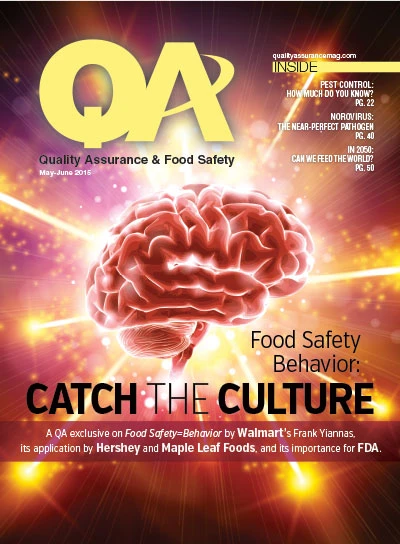
Explore the June 2015 Issue
Check out more from this issue and find your next story to read.
Latest from Quality Assurance & Food Safety
- Kim Heiman Elected to Second Term as President of Wisconsin Cheese Makers Association
- FAO Launches $150 Million Plan to Restore Ukrainian Agricultural Production
- Pet Food Company Implements Weavix Radio System for Manufacturing Communication
- Penn State Offers Short Course on Food Safety and Sanitation for Manufacturers
- USDA Announces New Presidential Appointments
- FDA to Phase Out Petroleum-Based Synthetic Dyes in Food
- IFT DC Section to Host Food Policy Event Featuring FDA, USDA Leaders
- CSQ Invites Public Comments on Improved Cannabis Safety, Quality Standards

